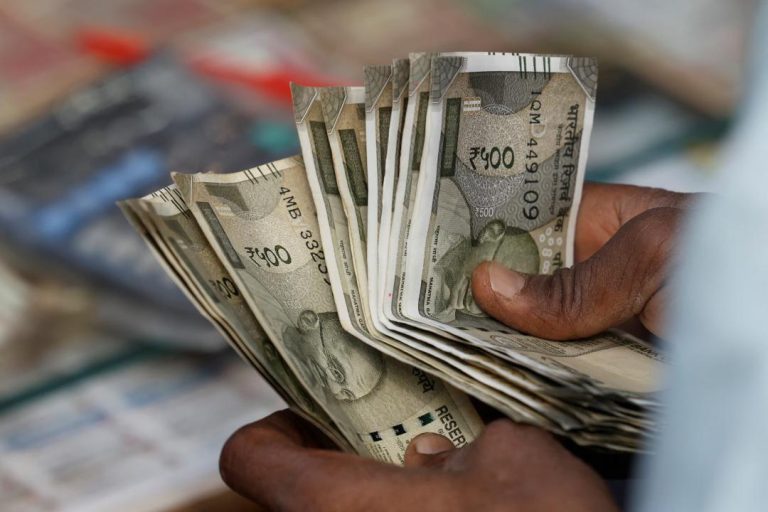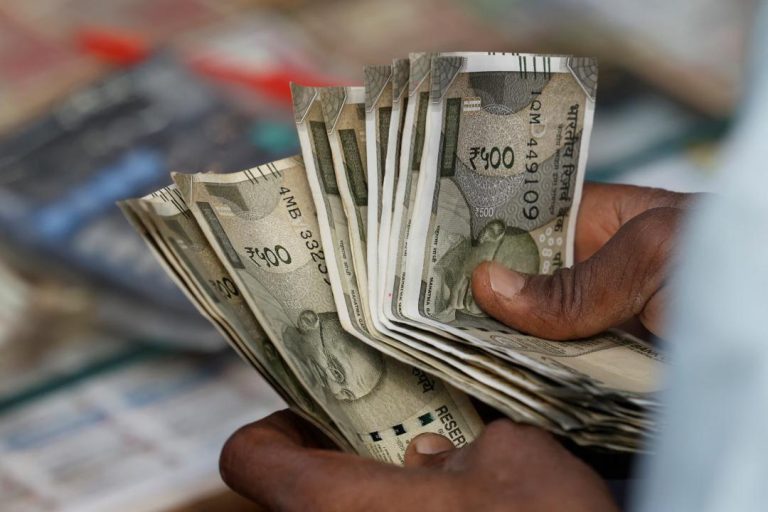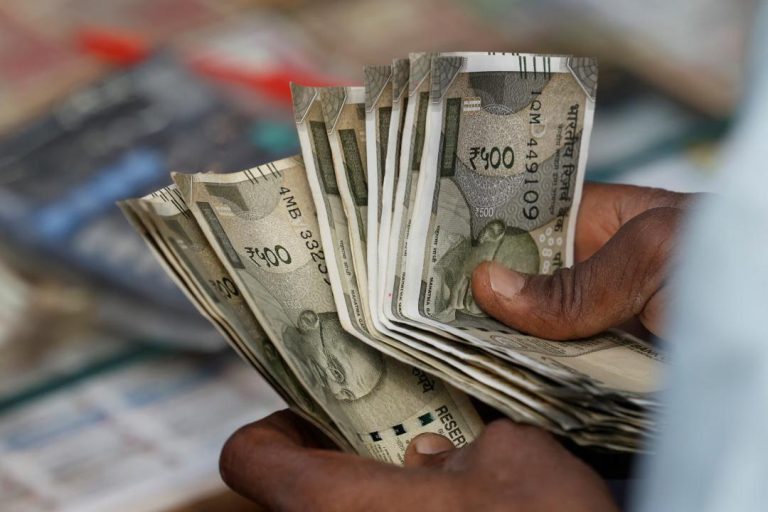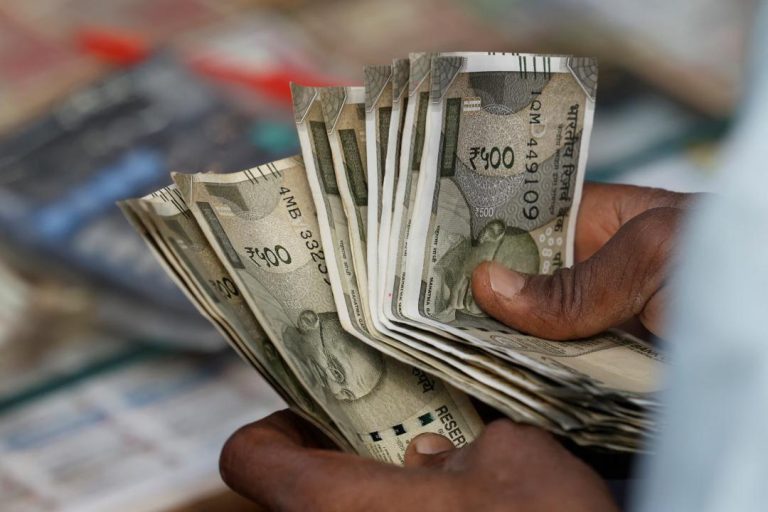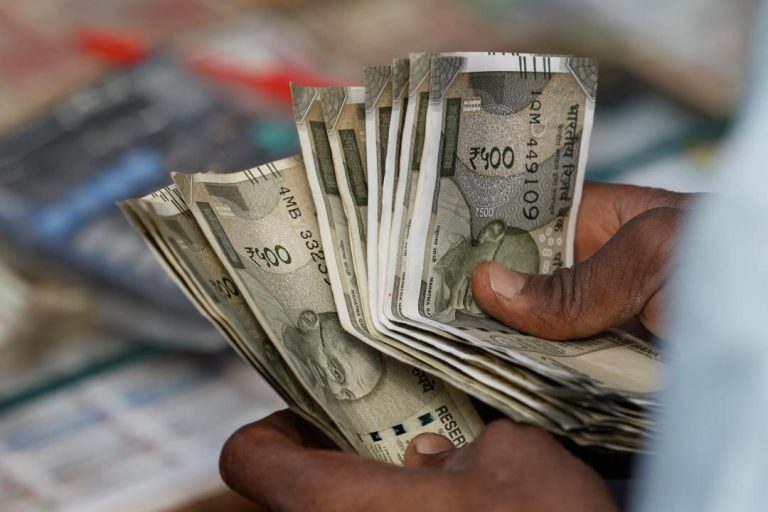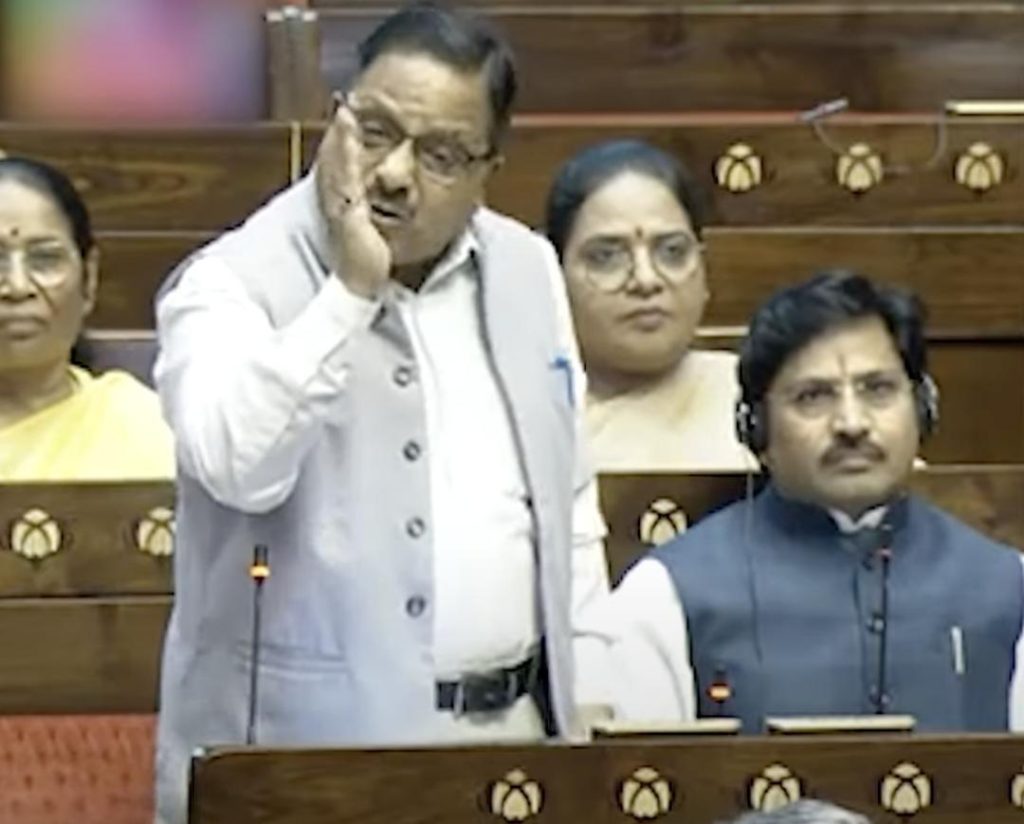
Should I Read the Quran and Tell You What’s Written in it? BJP MP Radha Mohan Das on Waqf Bill
The Waqf Board, a religious trust that manages properties and assets in India, has been in the news lately due to the ongoing debate over the Waqf Bill. The Bill aims to reform the Waqf Board and bring transparency in its functioning. During a recent discussion on the Bill, BJP MP Radha Mohan Das sparked controversy by asking if he should read the Quran and tell what is written in it.
The statement was made in response to the Waqf Board’s claims that it manages a vast number of properties and assets across the country. However, the Board has been accused of lacking transparency in its financial dealings and property management. Radha Mohan Das, in his statement, questioned the Waqf Board’s claims, saying that the Quran emphasizes the importance of maintaining written records.
According to Radha Mohan Das, the Quran states that even if one rupee is given to anyone, there should be a written record. He then went on to say that the Waqf Board has so many properties without a record. This statement was met with strong reactions from various quarters, with many criticizing Radha Mohan Das for his apparent lack of understanding of the Quran and its teachings.
However, Radha Mohan Das’ statement also sparked a larger debate on the importance of transparency in the functioning of religious institutions like the Waqf Board. The Waqf Board has been accused of misusing its powers and assets, and the need for greater transparency and accountability has been emphasized time and again.
The Quran, as Radha Mohan Das pointed out, does indeed emphasize the importance of maintaining written records. In Surah Al-Qamar, Chapter 54, Verse 32, it is written, “And those who disbelieve say, ‘The Hour will not come to us.’ Say, ‘Indeed, by my Lord, it is coming, but truly you will not avert it.'” This verse highlights the importance of preparing for the Hour, or the Day of Judgment, by living a virtuous life and being mindful of one’s actions.
Another verse that Radha Mohan Das may have been referring to is Surah An-Nisa’, Chapter 4, Verse 31, which states, “And whoever among you has not been able to marry, then let him fast the fasting period and give in charity out of what he has given to you. And whoever has not been able to keep his fast, then let him give in charity out of what he has given to you. And whoever has not been able to give in charity, then let him fast the fasting period and give in charity out of what he has given to you.” This verse emphasizes the importance of giving in charity and maintaining a balance between one’s worldly and spiritual life.
Radha Mohan Das’ statement, while controversial, highlights the need for greater transparency and accountability in the functioning of religious institutions like the Waqf Board. The Quran does indeed emphasize the importance of maintaining written records and being mindful of one’s actions. It is essential that religious institutions like the Waqf Board adhere to the principles of transparency and accountability, and that they are held accountable for their actions.
In conclusion, Radha Mohan Das’ statement may have been misinterpreted and misused by some, but it also highlights the need for greater transparency and accountability in the functioning of religious institutions like the Waqf Board. The Quran, as Radha Mohan Das pointed out, emphasizes the importance of maintaining written records and being mindful of one’s actions. It is essential that we learn from the Quran and its teachings, and that we strive to live a virtuous life.
News Source:
Note: The video link provided is a news report on the topic, and it is not the original source of the statement made by Radha Mohan Das.
